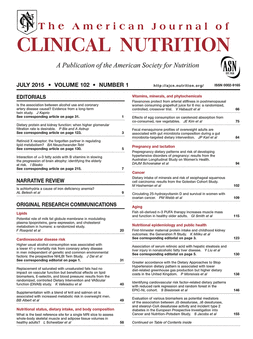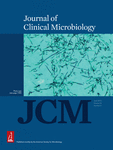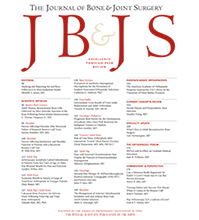 Surgery Today has pulled a pair of papers that share many authors because the studies they describe were not approved by an institutional ethics committee.
Surgery Today has pulled a pair of papers that share many authors because the studies they describe were not approved by an institutional ethics committee.
One describes a case in which the researchers removed a mass from a 64-year-old woman’s small intestine; the other describes how the authors removed a growth from a patient’s pancreas. They conclude that the surgery techniques used — like a laparoscopic pancreaticoduodenectomy, a take on the “Whipple Procedure” — can be “feasible, safe, and effective” in certain patients.
The papers share several authors, including a first author, Akihiro Cho, whose affiliation on the papers is Chiba Cancer Center Hospital in Japan. They also share a retraction note, which explains how the journal learned of the issue:
Continue reading Surgery studies lacked ethics committee approval








